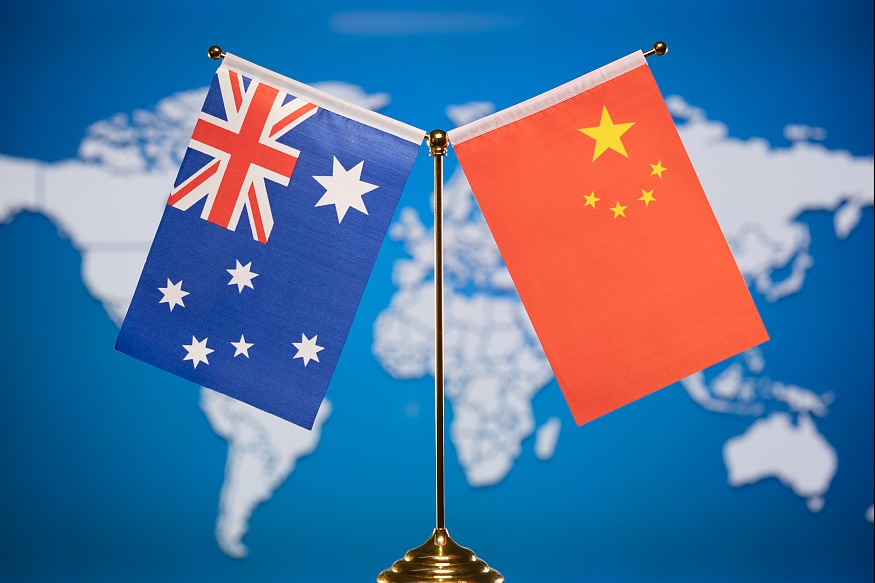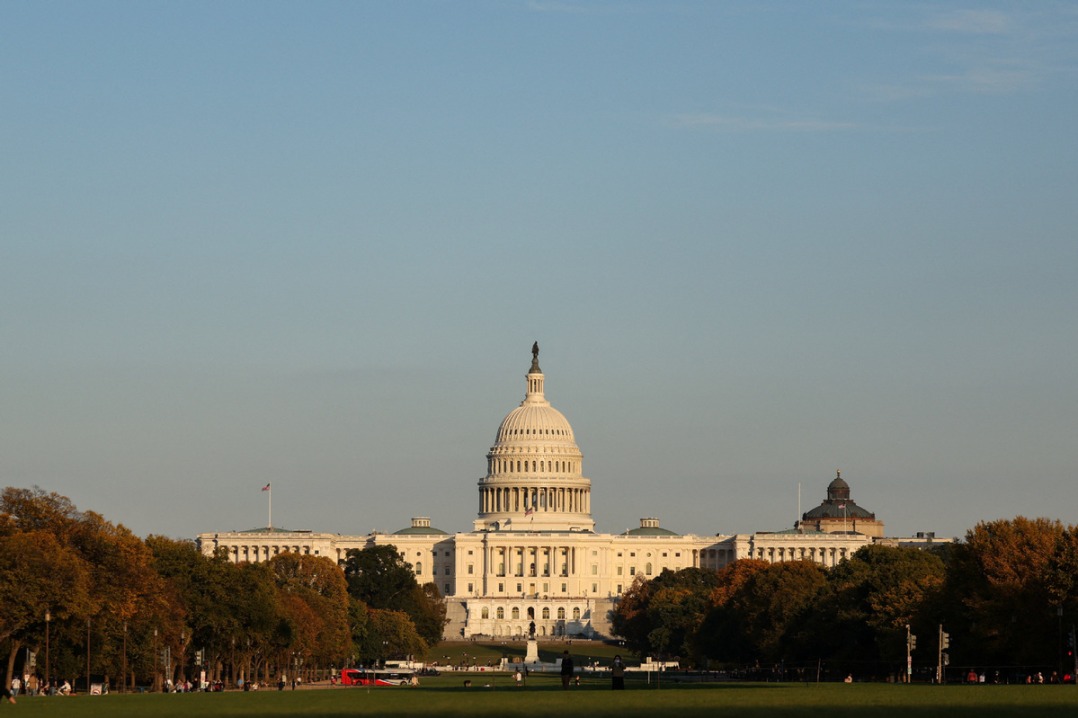Initiative addresses deficit in governance

The world is facing a governance deficit. The global governance system, which was created with promises to protect the weak from the powerful and build a fair and prosperous world, is failing to deliver.
Bullying and coercion have become the new normal in parts of the world. The hegemonic ambitions of a few have pushed United Nations-based global governance into crisis after crisis, weakening its authority over international issues. This has led to conflicts, widespread economic inequality and development problems such as poverty, debt and food insecurity, and it has exposed the world to the existential threat of climate change.
In this context, President Xi Jinping has proposed the Global Governance Initiative.
Xi outlined five key elements of the initiative: respecting sovereign equality, adhering to international rule of law, practicing multilateralism, advocating a people-centered approach, and focusing on taking concrete actions. He emphasized the need to create a fair world order in which all countries have a voice in the global system and the right to benefit from it.
Currently, Cold War mentality, hegemonism and protectionism still persist.
The Global Governance Initiative has been introduced to assist and contribute to tackling these issues and has attracted attention. To understand how the initiative will help address the issues of the current governance system or whether it marks the beginning of a new global governance order, it is necessary to first understand Chinese governance.
China's governance system is both simple and complex, yet it is also detailed. First, the Chinese governance system is based on a different set of principles. It clearly distinguishes between ruling and governance. In China, it is believed that governance is a separate subject from rule and management. Ruling is centralized, coercive and monopolistic, while "governance" is pluralistic, democratic and cooperative. Ruling creates the impression of dictatorship or strict control by an individual or a group. In contrast, governance encourages the inclusive management of daily functions by applying the rule of law. In essence, governance is about winning people's hearts by serving their needs, whereas ruling is about directing the process according to individual interests or will. For governance, the rule of law is essential, whereas for ruling, individual interest takes precedence.
Second, China believes that the ultimate objective of governance is to serve the interests of the people, fulfill their aspirations and create a better environment in which they can survive and thrive. Thus, the governance system must be problem-oriented, goal-oriented, result-oriented, dynamic, inclusive, coherent, technologically advanced and oriented as well toward scientific decision-making. This philosophy has helped China overcome challenges, eradicate poverty, become a major economic power and serve as a hub of innovation and technology development.
Third, the rule of law serves as a guiding philosophy and principle for governing the country and society. China strives to integrate the country under the rule of law, govern the country in accordance with the rule of law, and manage society in a manner consistent with the principles of the rule of law. State power is exercised in accordance with the law. China has a robust judicial system and is making efforts to strengthen it to protect human rights and ensure fairness, justice and equality. China believes that the judicial system is one of the key instruments in building a modern socialist country with Chinese characteristics. Therefore, China is working to modernize its judicial system.
Fourth, everyone has to submit to the law and abide by it. No one is above the law, and no one is allowed to exploit others or make progress at the expense of others. Everyone is equal and will have equal opportunities to grow.
Fifth, the Chinese governance model emphasizes ongoing interaction among governance actors and the people, inclusive decision-making, dialogue instead of dictation for problem-solving, and balancing merit with moral values. This approach fosters both cohesiveness and fairness in running the country and managing society. As a result, the nation has developed a unique governance system called whole-process people's democracy, which helps to build a pluralistic, democratic and cooperative framework. It also promotes inclusiveness, continuous interaction among the Party, the State, the government and the people, and rule-based governance.
Sixth, China believes that to build governance with the aforementioned characteristics, governance actors must possess certain qualities. Therefore, China has established a core set of socialist values, including prosperity, democracy, civility, harmony, freedom, equality, justice, the rule of law, patriotism, dedication, integrity and friendship. These values are also crucial for developing a moral doctrine, which ensures self-accountability. Therefore, governance actors at all levels adhere to and practice these values to make progress within the Chinese system.
These are highly characteristic features that are absent on a global scale. Hegemonic ambitions and the greed of a few have broken the system. The Global Governance Initiative has been widely praised, especially by less developed, weaker and smaller countries. The GGI will initiate a new wave of reforms to ensure the sovereignty of nations, respect for diversity, dialogue over confrontation and shared prosperity over narrow or hegemonic interests.
The author is chief executive officer of the Asian Institute of Eco-civilization, Research and Development in Pakistan.
The views do not necessarily reflect those of China Daily.
































